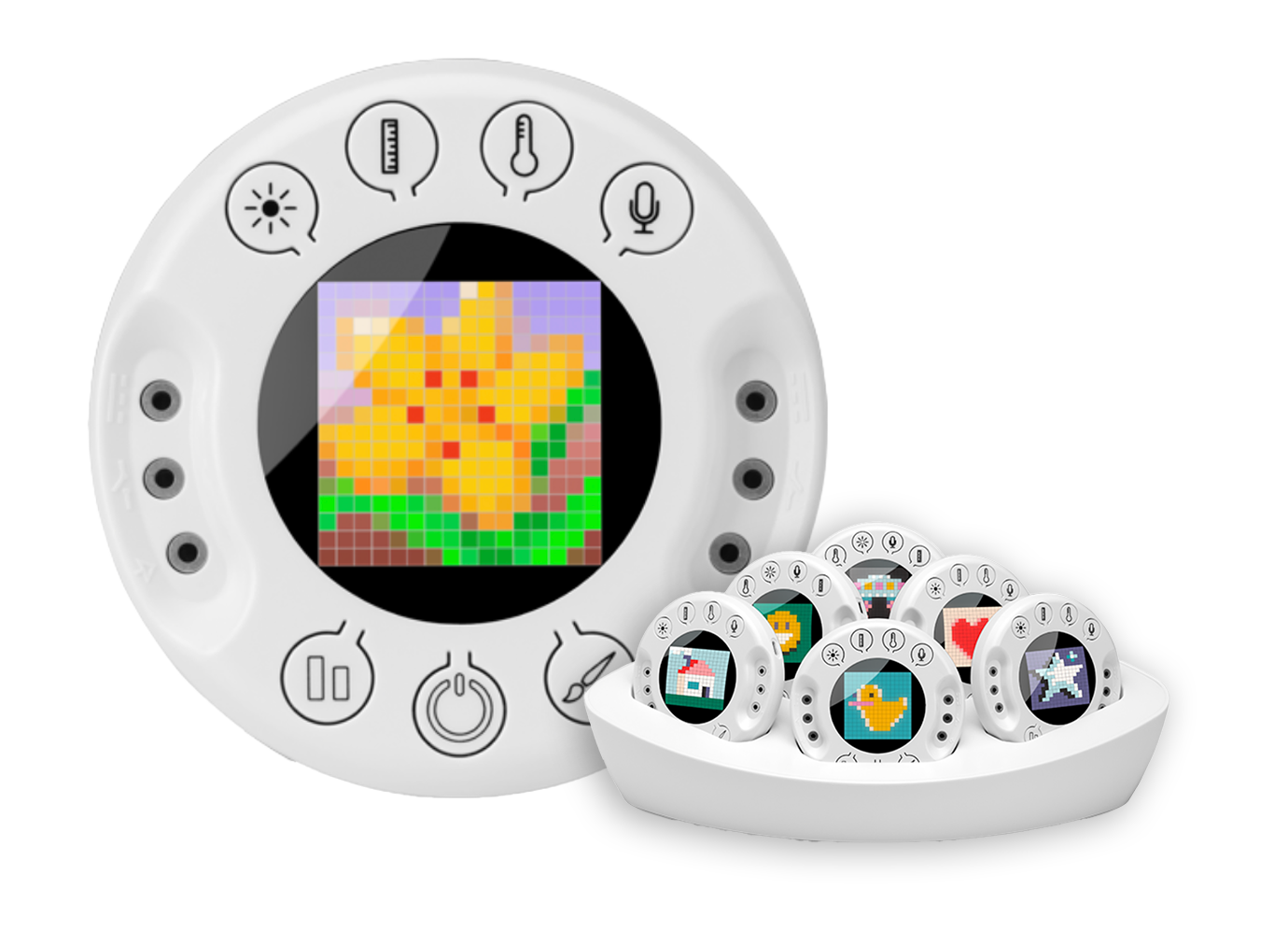Program
8:15am - 9:30am
Welcome and Opening Keynote
Reinventing & Retelling the Education Story
David Warlick
In this information-driven, technology-rich world, and rapidly changing world, preparing our children for their future is becoming one of our society's greatest challenges, and it is a challenge that we seem increasingly willing to recognize. There remain many barriers that prevent us from retooling our classrooms, but at the core is an outdated story about education. How do we fashion a new image of the 21st century classroom and tell the story? What are it's components, to whom do we tell and how? These are some of the issues that will be addressed by 30-year educator, author, and blogger, David Warlick.
9:45am - 11:00am
Breakout Sessions
New Technologies that are Changing Education
Tech & Learning Newsletter
Tools and ideas to transform education. Sign up below.
Judy Salpeter (moderator); Ginger Jewell, Dan Schmit, David Warlick,
Listen and watch as a panel of ed tech gurus shares online tools and cutting-edge technologies that have the potential to change the way teachers teach, students learn and schools operate. What's hot today and what will be tomorrow's "killer apps" for schools?
Ginger Jewell
1:1 Computing: What We're Learning
Susan McLester (moderator); Tina Barrios, Jeanine Gendron
While it's still a dream for many districts, trailblazers throughout the state and country have been exploring what's possible when laptops and other mobile devices are placed in the hands of students and teachers, 24/7. What have we learned from these early 1:1 implementations about the benefits, challenges and logistics of ubiquitous computing?
Tina Barrios
Jeanine Gendron
Digital Storytelling and 21st Century Skills
David Jakes, Kay Teehan
In today's world, literacy goes far beyond learning how to read and write. Knowing how to convey information using multiple media and how to tell a compelling story are both crucial communication skills for tomorrow's graduates. Digital stories can also reinforce learning in a variety of curriculum areas and serve as a powerful tool for authentic assessment. Come see compelling examples and learn how this meaningful learning experience supports standards-based instruction and the skills required for 21st Century learning.
Kay Teehan
David Jakes
11:15am - 12:15pm
Industry Spotlights
Hear from the companies that are sponsoring this event and shaping the future of educational technology.
1:15pm - 2:00pm
Roundtable Discussions
These discussions, on topics suggested by attendees when you register, provide a great opportunity for you to network with fellow technology leaders.
2:10pm - 3:30pm
Mini-workshops
These workshops allow our attendees to explore key topics in greater depth.
The 10 Keys to Effective Professional Development
David Jakes
Schools with high-quality teachers and motivated students believe deeply in professional development. In such schools, professional development is a key component of a foundation that empowers excellence. But what are the factors that contribute to the development of such programs? In this session, we'll explore ten critical professional development attributes that promote a culture of sustainable professional practice and increased student learning.
David Jakes
- Technology & Learning Article: Staff Development 2.0
Podcasting 101
John Lien
Podcasting is the rage. It's also sound pedagogy. Students (and teachers) are researching, planning, writing, collaborating, and using a range of technology skills to produce compelling multimedia products that teach and demonstrate learning. This workshop will introduce participants to the fundamentals of podcasting, its applications to education, and techniques for producing audio and video podcasts.
John Lien
EduBloggerCon: a Web 2.0-Style Conversation About Emerging Technologies
Moderated by David Warlick
This collaborative, "unconference" session is a loosely structured panel discussion where the attendees are the panel. The focus of the open and knowledge-building conversation will be web 2.0 — what it is, what it does for students and teachers, the barriers that prevent teachers from using these new tools, and strategies for blazing paths through those barriers. The discussion will likely include blogs, podcasting, RSS, social bookmarks, social networks, and mashups. But the program will be up to the panelists: you! Come learn in the style of Web 2.0 — from your community of professional educators.
